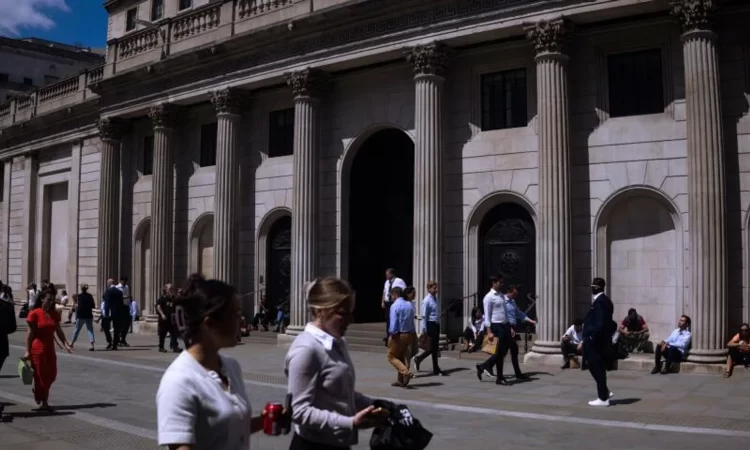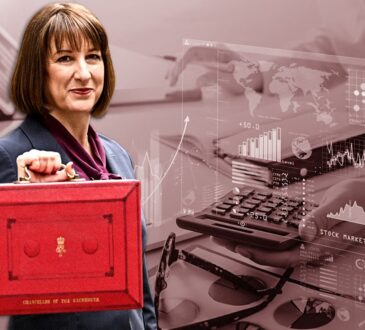
[LONDON] The UK economy shrank for a second straight month as companies and consumers struggled to bounce back from the blow dealt by US tariffs and a raft of tax increases.
Gross domestic product declined 0.1 per cent in May after contracting 0.3 per cent the previous month, the Office for National Statistics said on Friday (Jul 11). It was worse than the 0.1 per cent increase forecast on average in a Bloomberg survey of economists.
The figures leave the economy at risk of a contraction over the second quarter, delivering a fresh blow to Prime Minister Keir Starmer and Chancellor of the Exchequer Rachel Reeves after a recent series of political setbacks.
The Labour government is banking on stronger growth to help it fund its spending ambitions, after recent U-turns on curbing welfare payments and winter fuel subsidies for pensioners made a difficult fiscal backdrop even tighter.
Manufacturing and construction shrank in May as weakness spilled over from “awful April” when output fell by the most in 1 ½ years amid the pressures from US tariffs and a slew of cost increases facing households, from energy bills to property taxes. Services rose by just 0.1 per cent. Retail sales fell sharply over the month, while Bank of England governor Andrew Bailey has warned that uncertainty is prompting firms to delay investment.
The first-quarter was boosted by exporters ramping up production ahead of expected US tariffs and homebuyers rushing to complete purchases before transaction taxes went up on April 1, which provided business for lawyers and estate agents.
By contrast, the second quarter saw the economy face headwinds from trade disruptions, a £26 billion (S$45.1 billion) payroll tax raid on employers, inflation-busting hikes to regulated prices, such as rail fares and water bills, and increased stamp duty on home purchases. Employers, who are also grappling with a big hike to the minimum wage, have responded by cutting over 250,000 jobs since the October budget.
Although Starmer’s government reached a deal with the Trump administration to reduce the tariffs in early May and more timely business surveys point to a pickup in momentum, the economy is expected to remain under pressure this year.
With inflationary pressures subsiding, money markets are betting the BOE will cut interest rates in August and again by the end of the year, with further reductions in 2026. BLOOMBERG




